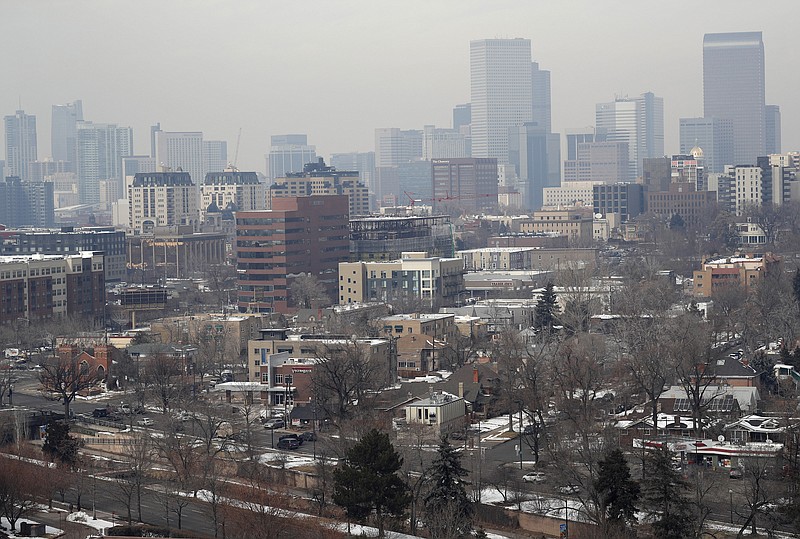Despite the threat posed to our nation and the rest of the world, President Trump made no mention of climate change in this year's State of the Union address. We need a state of the climate for 2020.
Greenhouse gases in the lower atmosphere trap heat and prevent its loss into space. A stable, global climate depends on a balance between solar radiation and heat loss. The five naturally occurring greenhouse gases are water vapor, carbon dioxide (CO2), methane and nitrous oxide. A rising tide of CO2, which constitutes 75% of greenhouse gas, is the major driver of global warming.
The major sources of CO2 are burning of fossil fuels, manufacturing, forest fires and volcanic eruptions. The major producers of CO2 are China, U.S., India, Russian Federation and Japan.
China is both the world's largest producer and consumer of coal. In addition, Chinese loans are funding construction of hundreds of coal-fired plants in Vietnam, Egypt, Indonesia, Bangladesh and Philippines.
Following the disaster in 2011 at the Fukushima nuclear power station, Japan shut down all of its nuclear plants. The nation plans to build at least 20 new coal-fired power plants within the next five years, which have an estimated CO2 output equal to all vehicles currently on U.S. roads.
In the U.S. and other industrialized countries, motor vehicles are major contributors to greenhouse gases. In 2017, motor vehicles in the U.S. produced almost 30% of the nation's greenhouse gases. Regulations, which have progressively reduced motor vehicle emissions, are in the process of being relaxed by the administration.
CO2 production is counterbalanced by uptake of the gas by forests and by bodies of water. The increasing numbers and severity of forest fires in the American West, Europe and Australia have wiped out large tracts of woodland. The Amazon, which is the largest tropical rain forest in the world, has been degraded by logging, mining and clearing for pasture lands. More than a fourth of the Amazon will have been deforested by 2023.
The Tongas National Forest in Alaska, is the largest temperate rain forest in North America. Earlier this year the U.S. Department of Agriculture proposed opening this forest to logging. Fishing and tourism industries have lodged protests.
A portion of CO2 is absorbed by large bodies of water. However, as the temperature of water increases, the gas is increasingly released into the atmosphere.
Left unchecked, steadily rising levels of atmospheric CO2 will lead to rising temperatures, which will in turn threaten worldwide terrestrial and aquatic food production and lead to more violent weather. Progressive melting of glaciers and polar ice caps will cause rising oceanic levels, which will threaten low lying islands and coastal communities. Melting of Greenland's ice and Arctic permafrost will lead to the release into the atmosphere of huge quantities of methane, which is 20 times more potent in trapping heat than CO2. Tropical diseases will spread into previously temperate regions, and heat-related illness will become more prevalent.
Greenhouse gases and associated rises in temperature do not respect national boundaries. The only solution to accelerated climate change is international cooperation through enforceable treaties.
The Paris Agreement, which was negotiated under the auspices of the United Nations, was opened for signing in 2016. So far 197 countries have signed the accord. Both China and the U.S. were among the initial signees. In June 2017, President Trump announced the U.S. withdrawal from the treaty. Once again, when environmental policy clashes with development, the latter wins. Human health and well-being are not valued.
Contact Clif Cleaveland at ccleaveland@timesfreepress.com.

